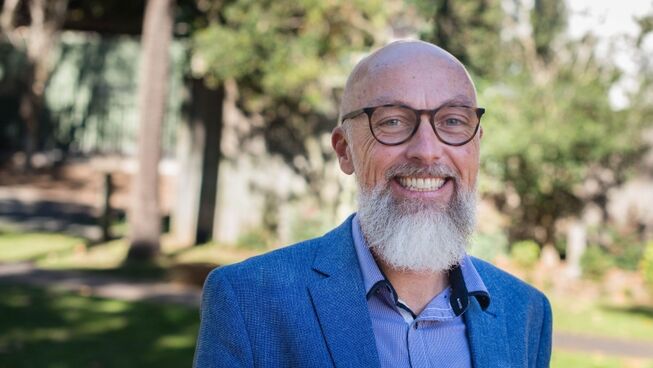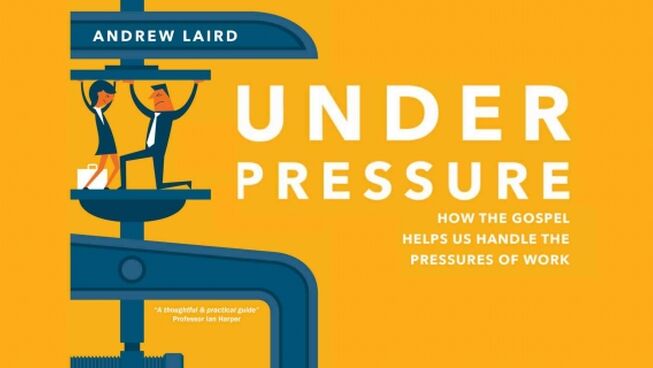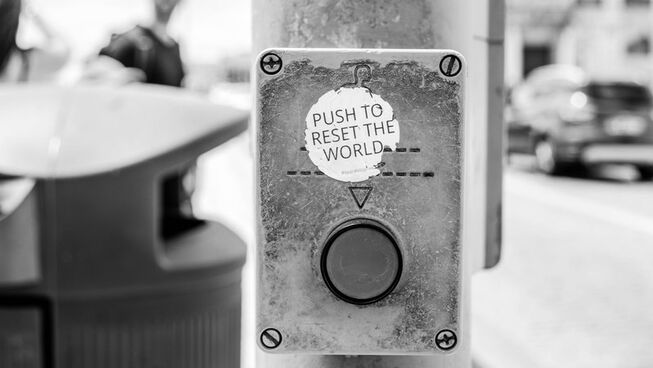
Well if you’re cramming a soggy bagel and drinking a lukewarm latte at your desk, worried about the twenty emails you haven’t replied to but which you’ll get to tonight over a glass of red when the kids are finally tucked in, then you might want to hold your chair arms a little tighter. Cos this might be a white-knuckled ride.
According to a prediction by economist John Maynard Keynes back in 1930, your biggest problem by now should be what to do with all of the leisure time the 21st century workplace would deliver you.
That’s right folks. Keynes predicted that by now workers in the West would be faced with the horror of a five-day weekend. Every weekend. Imagine hump day! It would be about two hours on a Monday afternoon!
In a report in The Atlantic, Workism Is Making Americans Miserable (to which we might add Aussies), Derek Thompson points out that Keynes’s biggest concern would be how to keep leisure at bay, not work. How to stop leisure’s inexorable encroach on our lives.
Keynes said this (with a straight face):
“For the first time since his creation man will be faced with his real, his permanent problem, how to occupy the leisure.”
Now don’t all suddenly rush to the window ledge and scream out the window, or worse. Instead take a step back and think. Think about why Keynes said that. He said it because he could see what automation might do the workplace.
And in some areas that is true. Automation and other technologies have taken over many tasks. But where they have taken tasks, they have also laden us with other tasks, including the reality of 24-hour email.
And if you’re chained to your inbox, always waiting in fear on Friday night for that phone call from the senior partner, Keynes’s words are like hollow mocking in your blue-toothed ear.
However, it’s not just about the hours we work, as the article’s heading reveals. It’s not “workaholism” that is under the microscope, but “workism” - an altogether more dangerous beast.
Thompson points out that the role of work has moved from a means of material production, to a means of identity production. Yep, that’s right, we increasingly derive our meaning from our work in ways that would have seemed outlandish just six decades ago.
Thompson says this, and it’s a fascinating observation:
The decline of traditional faith in America has coincided with an explosion of new atheisms. Some people worship beauty, some worship political identities, and others worship their children. But everybody worships something. And workism is among the most potent of the new religions competing for congregants.
Do you hear what he’s saying? Everyone worships something. It’s an observation made by many theologians down the centuries, as well as the famed American author David Foster Wallace in a university graduation service to young eager graduates about to hit the workplace.
“Workism” is not merely the drive to always be “on” at work, but the drive to find transcendence - meaning bigger than oneself - from our paid roles and tasks.
It is the centrepiece, as Thompson says:
“of one’s identity and life’s purpose; and the belief that any policy to promote human welfare must always encourage more work”.
And as other forms of identity and purpose fade (religious institutions, sporting and community clubs) work stands alone and proud as the final frontier. Yet it is a frontier always on the move, always drifting that bit in front of you.
And we hate it and love it at the same time. Yes we do! We hate it because the eternal stretching towards it exhausts us. But we love it because when we get our fingers around meaning and purpose from work, even for a brief transitory few years, the endorphin kick is amazing!
Yet it’s only amazing because we have been adapted to thinking that work can carry the weight of transcendence in a world in which God - or our idea of the spiritual - has been pushed to the margins.
What if it’s not true? What if work cannot carry the weight of transcendence? What if workism cannot be the god that delivers? At least not fully and finally. Where is it supposed to sit? What role do those 40 to 50 hours a week play?
More of that in my next post: Don’t Soldier On: Throw Out the Codral and Get Back to Bed.
===================
Written by Stephen McAlpine
 Stephen McAlpine works both as a pastor at Providence Church in Perth, and for City Bible Forum. He writes and speaks on matters of culture, theology and the church, and blogs at stephenmcalpine.com. Stephen and his wife Jill have been involved in church planting in Perth for more than a decade, while Jill also runs a Clinical Psychology practice and trains churches and other organisations in establishing good models of pastoral care. They have two children, Sophie and Declan.
Stephen McAlpine works both as a pastor at Providence Church in Perth, and for City Bible Forum. He writes and speaks on matters of culture, theology and the church, and blogs at stephenmcalpine.com. Stephen and his wife Jill have been involved in church planting in Perth for more than a decade, while Jill also runs a Clinical Psychology practice and trains churches and other organisations in establishing good models of pastoral care. They have two children, Sophie and Declan.






